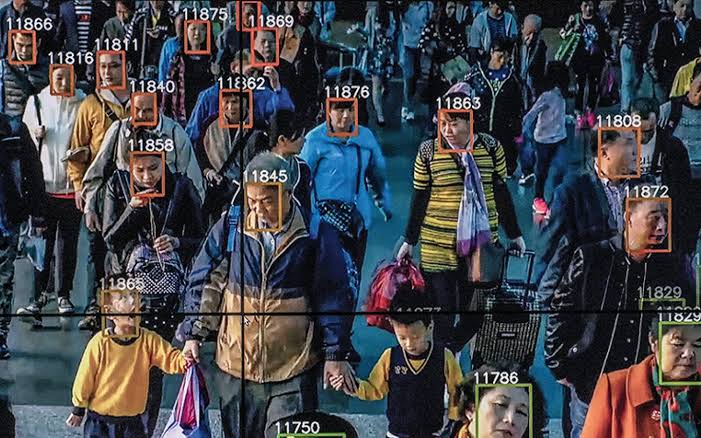China's Surveillance State: A Digital Leviathan Reaching European Shores?
Digital technology has fundamentally transformed the way societies operate. Yet, it has also given rise to surveillance capabilities that were once the stuff of dystopian fiction. In China, this reality has taken hold through an expansive and sophisticated digital surveillance system, a model that has sparked controversy and concern worldwide,

Digital technology has fundamentally transformed the way societies operate. Yet, it has also given rise to surveillance capabilities that were once the stuff of dystopian fiction. In China, this reality has taken hold through an expansive and sophisticated digital surveillance system, a model that has sparked controversy and concern worldwide, not least in Europe. As these technologies continue to develop and disseminate globally, it's worth taking a comprehensive look at China's surveillance system, its implications, and the potential for such a system in Europe.
The Dragon's Eye: Surveillance in China
China has long been known for its comprehensive surveillance state, leveraging advanced technology to monitor its citizens' actions in ways both overt and covert. Closed-circuit television (CCTV) cameras dot cityscapes, biometric data is collected on a mass scale, and digital platforms like social media and messaging apps are heavily monitored.
The centerpiece of China's surveillance apparatus is the Social Credit System, a government initiative to compile big data on the behavior of individuals, corporations, and government entities. Tied to this is the recent introduction of the Central Bank Digital Currency (CBDC), the digital yuan. Through CBDC transactions, the government has real-time access to detailed financial data, enabling unprecedented levels of financial surveillance and control.
The Implications: A Surveillance Society?
On the surface, the surveillance system provides the Chinese government with a powerful tool to maintain law and order, combat corruption, and deter anti-social behavior. However, the societal implications run deeper. The system can shape individuals' behaviors and choices through a system of rewards and punishments. The potential for misuse and the erosion of personal freedoms are also significant, leading to a society where citizens might self-censor or act out of fear of reprisal.
The Digital Leviathan: Could It Reach Europe?
While the European context is significantly different due to strong privacy protections, the question remains: could a similar surveillance system take root in Europe?
Europe's data protection laws, especially the General Data Protection Regulation (GDPR), provide robust protections against indiscriminate data collection and surveillance. However, with increasing digitization, coupled with the potential introduction of a CBDC, there are concerns about creeping surveillance.
Surveillance or Security: The European Dilemma
Europe is undoubtedly facing pressure to increase security measures in response to various threats. Simultaneously, advances in technology are enabling more effective and comprehensive surveillance. The challenge for Europe lies in striking the right balance between security, privacy, and personal freedom.
The introduction of a European CBDC will inevitably raise questions about financial surveillance and data privacy. A system similar to China's digital yuan, if tied to a digital identity system, could provide governments and central banks with a high level of insight into individuals' financial lives. This could be used to combat fraud and money laundering, but also potentially to exert control and suppress dissent.
Conclusion: The Need for Vigilance
The prospects of a surveillance state similar to China's in Europe are slim due to the region's strong data protection laws and democratic traditions. However, as digital technology continues to evolve, Europe must remain vigilant. The lessons from China's surveillance system underscore the potential risks associated with digital surveillance and control. As Europe continues to digitize and potentially introduce a CBDC, it must do so with a keen eye on maintaining privacy, personal freedom, and democratic control. The digital future holds promise, but it must not come at the cost of creating a surveillance society.




